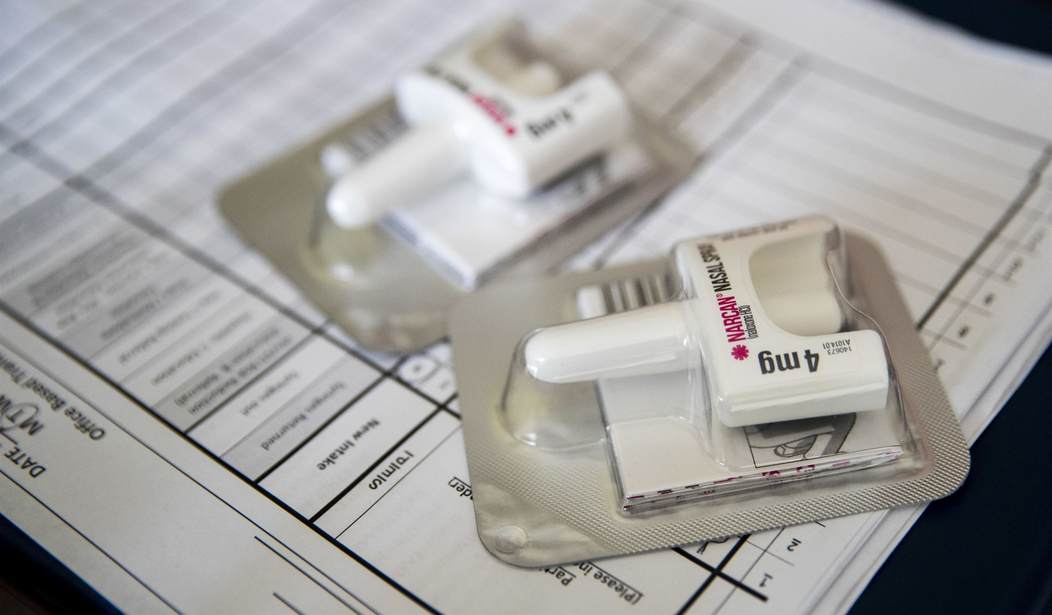One of Donald Trump's more memorable promises on the campaign trail was to lower the cost of prescription drugs. Polls show this issue remains popular with Americans, especially lower-income families, who are worried about high drug prices.
Of course, the entire concept of drug prices' being "too high" is subjective. Drugs are too expensive ... compared with what? Certainly not compared with not having the drugs available at all. If you suffer from the intense pain of migraine headaches or have been diagnosed with lung cancer, how much would you pay for a drug to help you? I have friends who have children who are afflicted with epilepsy or rare and fatal blood diseases, and they say they would literally give up everything they have for treatments to cure their children.
So whatever we choose to do to make drugs less expensive, we had better be sure we aren't stifling or delaying the innovation that makes wonder drugs available in the first place. Price controls sound wonderful, but studies show that they often inhibit drug development. So there is a trade-off.
Our new study (co-authored by Steve Forbes) at Committee to Unleash Prosperity finds that there is a right and a wrong way to make drugs and vaccines more affordable. The wrong way is for government to artificially hold down prices through price controls or reimportation of drugs (which is just a way to reimport price controls from other nations).
The right way to lower drug costs is to stop allowing foreign countries to evade our patent laws and impose their own price controls. Many of our major trading partners -- including rich countries such as Canada and the European Union members -- have long enjoyed the fruits of American-funded progress on the cheap, thanks to state-sponsored price controls. They have been doing so for years.
Recommended
This "free rider" problem raises drug prices here at home because when foreigners pay below-market prices for the drugs, they escape the cost of underwriting the critical research and development investments. The cost of developing a new life-saving drug can be as much as $2.5 billion. American consumers are the suckers who have to pick up the tab.
It is grossly unfair that Canadians and Germans pay less than Americans do for drugs that were developed in the United States. The average American spends $876 per year on prescription drugs, compared with $503 for people living in the European Union. No surprise, our investment in pharmaceutical R&D is also much higher: $233 per capita, compared with just $73 in Europe.
Foreign price controls also slow scientific progress and the race for cures. A study from the U.S. Department of Commerce found that price controls in just a small number of Organization for Economic Co-operation and Development countries had reduced R&D funding by between $5 billion and $8 billion per year, preventing the development of three to four new drugs annually.
Another study using data from the National Institutes of Health and the Centers for Medicare & Medicaid Services calculated that if OECD countries lifted all price controls on prescription drugs, the resulting increase in pharmaceutical R&D investment would yield eight to 13 new drugs per year through 2030. What if one of these delayed drugs is a cure for multiple sclerosis or Parkinson's or Alzheimer's?
Fortunately, the one person in Washington who is onto this price-control scam is Donald J. Trump. He recently pledged to fight to reverse these violations of American intellectual property in upcoming trade negotiations. He denounced "foreign freeloaders" and has directed his trade representative to "make fixing this injustice a top priority" in negotiations with every trading partner.
If he succeeds, he will strike a blow for our economy and our health. Europe and Canada are perfectly content to allow Americans to subsidize innovation while they reap the benefits at knockdown prices. Then they boast about how they pay less for health care than we do. Yes, it's easy to cut your expenses when someone else is picking up the tab. But American consumers won't stand for this gambit anymore. Nor should we.

























Join the conversation as a VIP Member